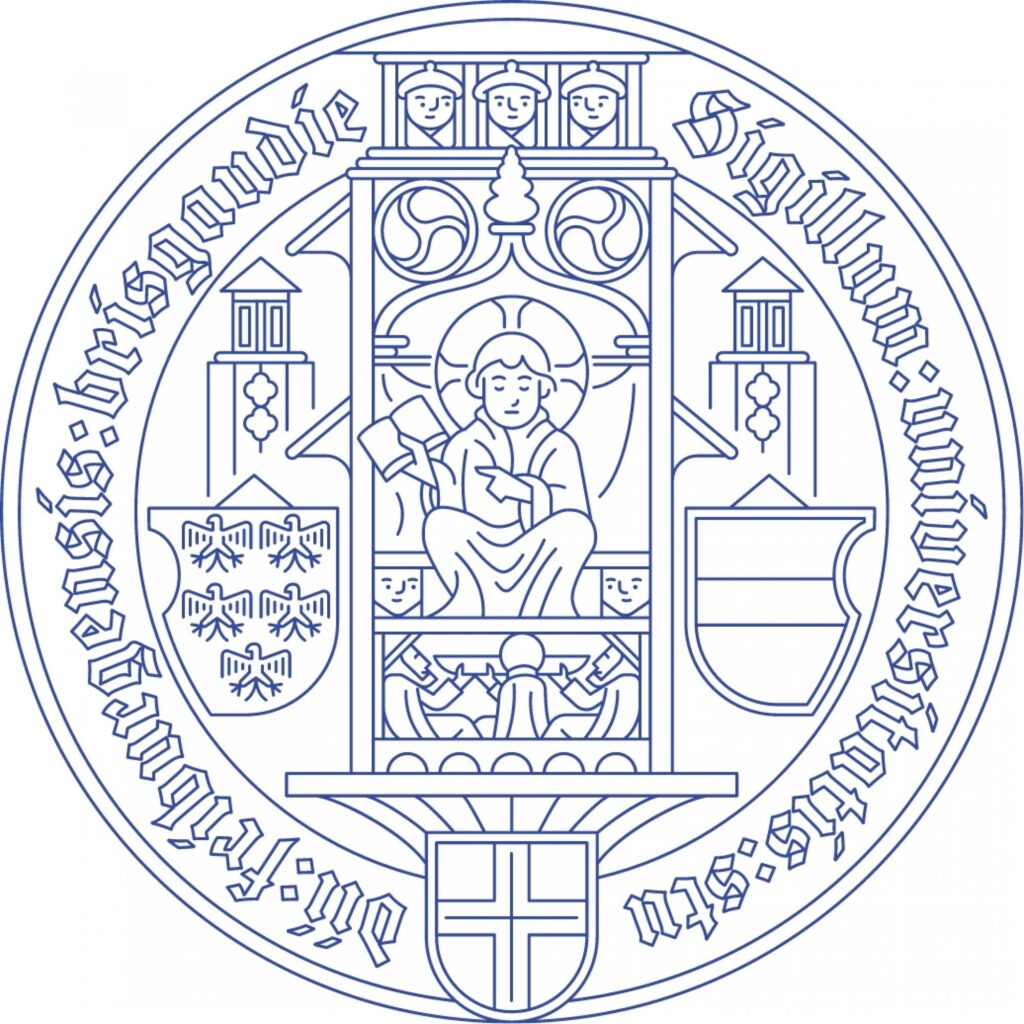The height of the student movement in Germany is associated above all with the year 1968. But the protests had already been gaining momentum for years – especially in Freiburg, which may be regarded as a centre for the student movement before 1968. Another distinctive feature in Freiburg was that the students were oriented strongly towards consensus and dialogue. This extended into the critical stage of the student movement in 1968/69. Contemporaries therefore spoke in retrospect of the ‘mild, wild times’1 of the Freiburg student movement.
Freiburg students were particularly active in higher education policy and social issues in the 1950s and up to the mid-1960s in comparison to those at other universities. They demanded higher education policy reforms and criticized democratic deficiencies in society and the failure to engage critically with National Socialism early on (for example in a protest campaign in 1952 against the screening of a new film by the National Socialist director Veit Harlan). One organ they used to voice their criticism was the Freiburger Studentenzeitung (FSZ)2 The increasingly harsh criticism of society and the university in this student newspaper led from the end of the 1950s onwards, despite the consensus-oriented political style of the students, to sometimes heated exchanges between the Rectorate and the FSZ, which could even go as far as the threat to impose disciplinary measures and the removal of the editor-in-chief.
At the beginning of the 1960s, the students increasingly organized high-profile campaigns, such as a protest against price increases at the university canteen or against the campus sales ban imposed on the political newspaper Konkret (both in 1961). The first large-scale student demonstration of the 1960s, the ‘Aktion Bildungsnotstand’ (campaign against the educational state of emergency) on 1 July 1965, with more than 100,000 participants nationwide, was initiated and organized by Freiburg students. It was followed by the ‘Student aufs Land’ (student to the country) campaign, which also attracted nationwide attention and was in some cases imitated in other places. Freiburg was, in a sense, a centre of the student movement before the student movement of 1968.
The Freiburg students engaged in higher education policy were marked by their solution-oriented and pragmatic style of politics, which aimed at consensus and dialogue yet was nevertheless consistent and goal-oriented in the matter at hand. Another characteristic of the activism in Freiburg was that decisions were made jointly, across political camps. Even in the years 1968/69, when the student movement radicalized, it was in certain respects more moderate in Freiburg, while at the same time being no less active and critical. Contemporaries therefore spoke retrospectively of the ‘mild, wild times’ of the Freiburg student movement.3
This characterization of Freiburg students as ‘wild’, as thinking and acting in a critical and innovative way, yet at the same time ‘mild’ in interaction with each another, as not becoming fixed in their opinions or rejecting those of others but seeking consensus in a solution-oriented manner, is appropriate not only retrospectively with regard to the student movement. Not only did it shape the Freiburg student movement over long periods, despite all the conflicts that did exist, but it is also part of the University of Freiburg’s DNA.
- Hanke Reinhard: Warming up in Freiburg, in: Peter Duiinke, Maria Geismann, Corinna Durinke, Caroline Fiedler (eds.): Abschnittbildung. Berichte von dreissig Weggefährten Siegfried de Witt zum 70. Geburtstag, Freiburg 2014, pp. 17–22, here p. 17. ‘Das milde, wilde Freiburg – Studierende zwischen Alltag und Politik in den 1950er und 1960er Jahren’ (‘Mild, wild Freiburg – students between everyday life and politics in the 1950s and 1960s’). This was also the title of an exhibit designed by Angela Witt-Meral for the Uniseum Freiburg.
- ]https://katalog.ub.uni-freiburg.de/opac/RDSIndex/Search?lookfor=kid%3A166747955
- Hanke, p. 17. ‘Die großen Veränderungen aus den “Metropolen” (damit war eigentlich nur Berlin und Frankfurt gemeint) erreichten den Breisgau mit einer gewissen Verspätung und in einer der lieblichen Umgebung angepassten, milderen Form’ (‘The big changes from the “metropolises” [which actually meant only Berlin and Frankfurt] reached the Breisgau with a certain delay and in a milder form, adapted to the peaceful environment’). This is the recollection of Nicolas Becker, who was very active in the General Student Committee and in higher education policy at the time. Nicolas Becker, Miniaturen aus der Frühzeit, in: Peter Duiinke, Maria Geismann, Corinna Durinke, Caroline Fiedler (eds.), Abschnittbildung. Berichte von dreissig Weggefährten Siegfried de Witt zum 70. Geburtstag, Freiburg 2014, pp. 7–10, here p. 7.

